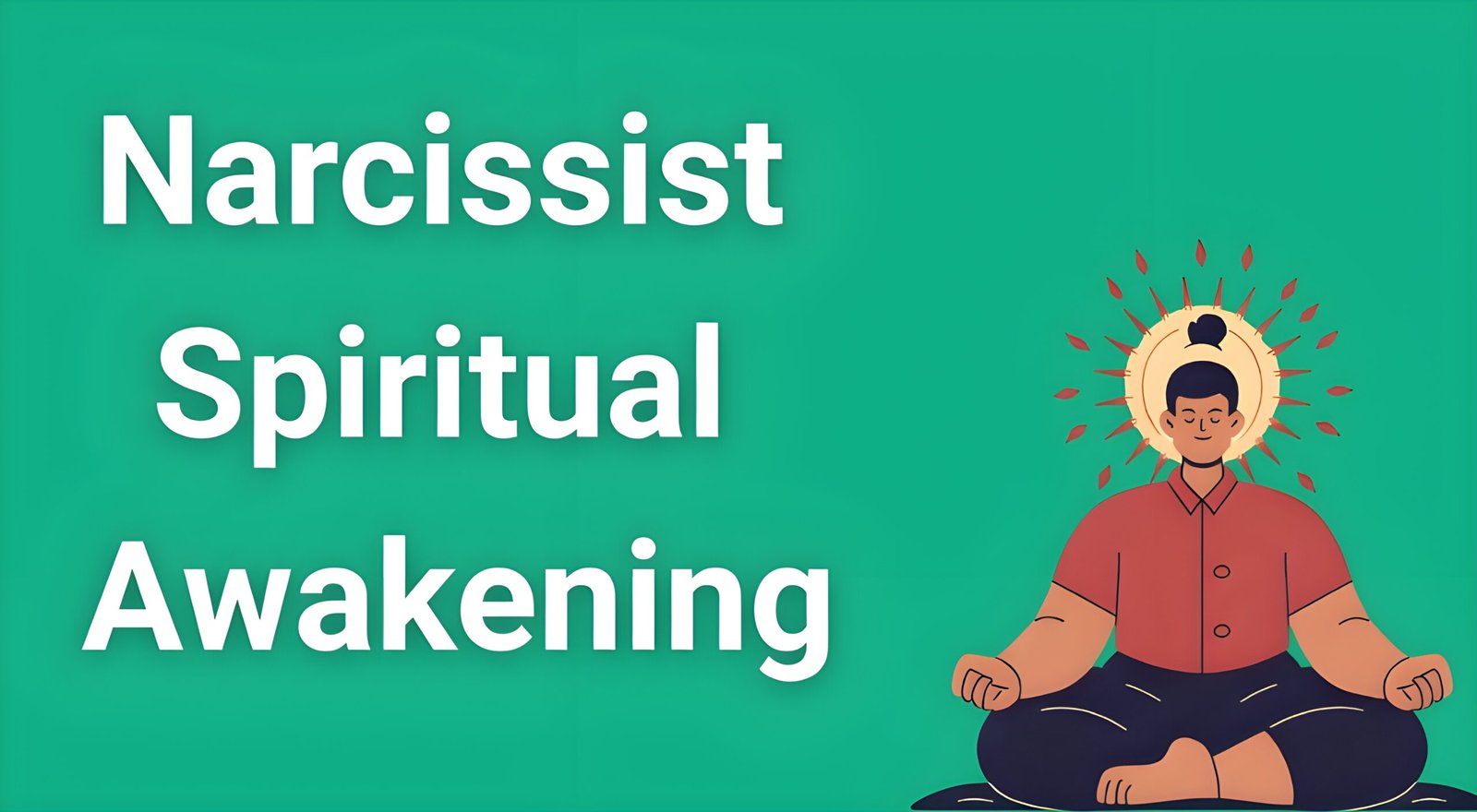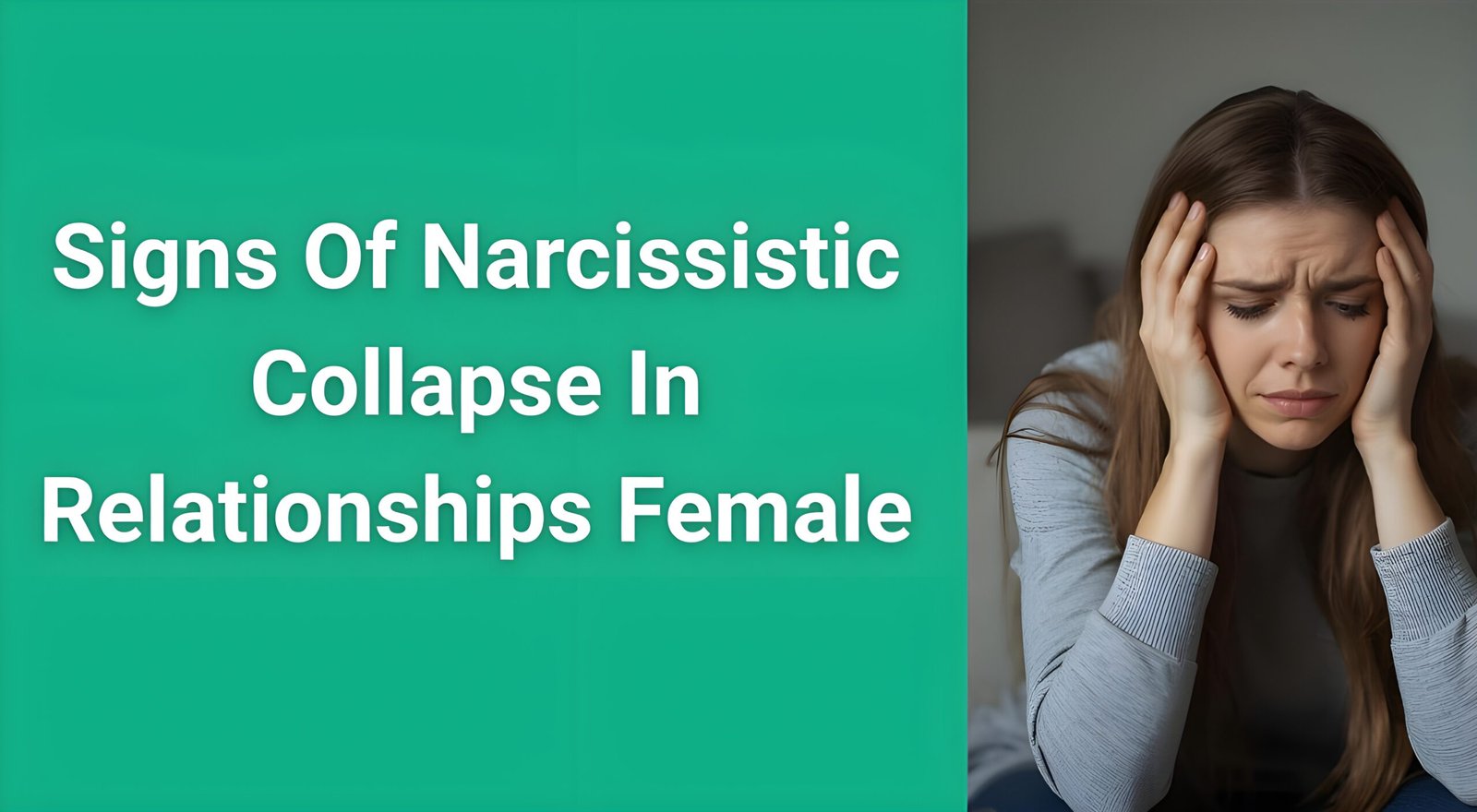The concept of narcissist spiritual awakening represents one of the most complex and misunderstood phenomena in both psychology and spirituality. Whether you’re questioning someone’s sudden “spiritual transformation” or experiencing your own awakening after narcissistic abuse, understanding this topic is crucial for your mental and spiritual wellbeing.
- Understanding the Two Faces of Narcissist Spiritual Awakening
- The Neuroscience Behind Narcissist Spiritual Awakening
- Recognizing Authentic vs Inauthentic Spiritual Growth
- The Healing Journey: From Victim to Spiritual Warrior
- Practical Steps for Authentic Spiritual Awakening
- Warning Signs: When Spiritual Awakening Goes Wrong
- Resources for Continued Growth and Healing
- Integrating Spiritual Growth with Practical Recovery
- Frequently Asked Questions
- Conclusion: Your Authentic Path to Healing
The truth is that narcissist spiritual awakening can manifest in two dramatically different ways: genuine healing that leads to authentic growth, or manipulative spiritual bypassing that becomes another tool for control and superiority. This comprehensive guide will help you recognize the difference and navigate your own healing journey.
Understanding the Two Faces of Narcissist Spiritual Awakening
The Spiritual Narcissist: When Enlightenment Becomes Ego
Spiritual narcissism occurs when someone uses spiritual concepts, practices, and language to feed their ego rather than transcend it. These individuals often display what researchers call “spiritual materialism” – treating spirituality as another way to feel superior to others.
Warning Signs of Spiritual Narcissism:
Grandiose Spiritual Claims Spiritual narcissists frequently boast about having special connections to divine beings, claiming to be reincarnated spiritual masters, or asserting they have unique psychic abilities that others lack. They use these claims to establish a hierarchy where they position themselves as more evolved or enlightened.
Spiritual Superiority Complex They look down on people they consider “unawakened,” “low vibration,” or “spiritually immature.” This attitude directly contradicts genuine spiritual growth, which cultivates humility and compassion for all beings regardless of their perceived spiritual development.
Using Spiritual Language as Manipulation These individuals weaponize spiritual concepts to avoid accountability. They might say things like “you attracted this experience” to blame victims, or “just let go” to dismiss legitimate concerns and emotions.
Spiritual Bypassing They use spiritual concepts to avoid dealing with psychological wounds, trauma, or uncomfortable emotions. Instead of processing their pain, they claim to have transcended it through their superior spiritual understanding.
The Survivor’s Awakening: True Transformation Through Trauma
On the opposite end of the spectrum lies authentic spiritual awakening that often emerges from the ashes of narcissistic abuse. This represents genuine transformation where suffering becomes a catalyst for profound spiritual growth and self-discovery.
The Catalyst of Pain Narcissistic abuse creates a unique type of trauma that systematically dismantles a person’s sense of reality, self-worth, and identity. This destruction, while devastating, can become the very foundation for spiritual rebirth. When everything you believed about yourself and your relationships crumbles, you’re forced to look deeper for truth and meaning.
Breaking Through the Illusion Survivors often describe their recovery as awakening from a dream or emerging from a fog. The manipulation tactics that once controlled them – gaslighting, love bombing, silent treatment – lose their power as awareness increases. This clarity extends beyond the abusive relationship into all areas of life.
Authentic Self-Discovery Unlike spiritual narcissists who use awakening to inflate their ego, survivors typically experience ego dissolution. They begin to question not only their abusive relationship but their entire belief system, societal conditioning, and patterns that made them vulnerable to manipulation.
The Neuroscience Behind Narcissist Spiritual Awakening
Trauma Bonds and Spiritual Seeking
Research shows that traumatic experiences, particularly those involving betrayal and emotional abuse, can trigger intense spiritual seeking. The brain, desperate to make sense of incomprehensible suffering, often turns to spiritual explanations and solutions.
The Neurological Impact of Abuse Narcissistic abuse creates specific changes in the brain, particularly in areas responsible for self-perception, emotional regulation, and threat detection. These alterations can make survivors more open to spiritual experiences as the mind seeks healing pathways beyond conventional understanding.
Why Traditional Therapy Isn’t Always Enough While therapy provides essential tools for recovery, many survivors find that addressing the spiritual dimension of their trauma accelerates healing. The soul-crushing nature of narcissistic abuse requires soul-level healing that incorporates meaning-making, purpose, and connection to something greater than oneself.
Recognizing Authentic vs Inauthentic Spiritual Growth
Markers of Genuine Spiritual Awakening
Increased Compassion and Empathy True spiritual growth always leads to greater compassion – for oneself and others. Survivors who experience authentic awakening become more understanding of human suffering and less judgmental of others’ struggles.
Humility and Teachability Genuine spiritual development cultivates humility. Instead of claiming to have all the answers, truly awakened individuals remain curious, open to learning, and willing to admit when they’re wrong.
Integration of Shadow Work Authentic spirituality involves facing and integrating one’s dark aspects rather than denying or projecting them. Survivors who do this work become more whole and less likely to repeat toxic patterns.
Service to Others Real spiritual awakening naturally leads to a desire to help others. This service comes from genuine love rather than a need for recognition or control.
Red Flags of Spiritual Narcissism
Lack of Accountability Spiritual narcissists rarely take responsibility for their actions. They use spiritual concepts to justify harmful behavior or blame others for being triggered by their actions.
Conditional Love and Support Their support comes with strings attached. They offer guidance only to those who acknowledge their superiority or follow their spiritual teachings without question.
Spiritual Competition They turn spirituality into a competition, constantly comparing their practices, experiences, or knowledge to others. This competitive approach reveals the ego-driven nature of their spirituality.
Intolerance of Different Paths While claiming to be enlightened, they show intolerance for different spiritual beliefs or practices. True spirituality recognizes the validity of multiple paths to awakening.
The Healing Journey: From Victim to Spiritual Warrior
Phase 1: Recognition and Reality Testing
The first stage of spiritual awakening after narcissistic abuse involves recognizing that abuse occurred and beginning to trust your own perceptions again. This phase can be disorienting as you question everything you believed about your relationship and yourself.
Breaking Free from Gaslighting Survivors must rebuild their ability to trust their own experiences and emotions. This process often involves examining patterns, documenting incidents, and seeking validation from trusted sources.
Grief and Loss Processing As the reality of the abuse becomes clear, survivors must grieve not only the relationship but also the person they thought their abuser was and the future they believed they would have together.
Phase 2: Inner Child Healing and Shadow Work
Authentic spiritual awakening requires addressing the wounds that made you vulnerable to narcissistic abuse in the first place. This typically involves healing childhood trauma, addressing abandonment fears, and developing healthy self-worth.
Reclaiming Personal Power Many survivors realize they gave away their power long before meeting the narcissist. Spiritual awakening involves taking back that power and learning to trust your inner guidance system.
Boundary Development Learning to set and maintain healthy boundaries becomes a spiritual practice in itself. It requires connecting with your authentic needs and values while developing the courage to honor them.
Phase 3: Purpose and Service Integration
The final phase involves using your healed wounds to help others. Many survivors discover their life purpose is connected to their healing journey, whether through writing, counseling, coaching, or simply being a living example of recovery.
From Wound to Wisdom Your experiences with narcissistic abuse, once integrated and healed, become sources of wisdom and compassion. This transformation represents the ultimate spiritual alchemy – turning pain into purpose.
Practical Steps for Authentic Spiritual Awakening
Daily Spiritual Practices for Recovery
Meditation and Mindfulness Regular meditation helps rebuild the connection to your authentic self that narcissistic abuse damaged. Start with just five minutes daily, focusing on breath awareness or loving-kindness meditation.
Journaling for Truth-Seeking Write daily to reconnect with your inner voice and document your healing journey. Ask yourself: “What is my truth today?” and allow whatever comes up to be valid.
Nature Connection Spending time in nature helps restore your sense of interconnection and grounds you in reality. Even a few minutes outdoors can shift your energy and perspective.
Body-Based Practices Yoga, tai chi, or simple stretching helps reconnect you with your body after the dissociation that often accompanies abuse. Your body holds wisdom that your mind may have forgotten.
Building a Supportive Spiritual Community
Finding Authentic Teachers and Guides Look for spiritual teachers who demonstrate humility, accountability, and genuine care for students’ wellbeing. Avoid anyone who claims to have all the answers or demands unquestioning loyalty.
Creating Sacred Spaces Designate areas in your home for spiritual practice, whether it’s a meditation corner, an altar, or simply a space where you can be quiet and reflective.
Engaging in Service Volunteer work or helping others in recovery can accelerate your own healing while fulfilling your soul’s need for purpose and connection.
Warning Signs: When Spiritual Awakening Goes Wrong
Spiritual Bypassing Dangers
Using Spirituality to Avoid Healing Some survivors use spiritual concepts to avoid dealing with their trauma. While forgiveness and letting go are important, they must come after proper processing and healing, not as a way to skip the difficult work.
Becoming Spiritually Superior If your spiritual journey makes you feel better than others who haven’t had similar experiences, you may be developing spiritual narcissism yourself. Authentic growth increases humility, not superiority.
Maintaining Discernment in Spiritual Communities
Recognizing Spiritual Predators Some individuals specifically target spiritual seekers, knowing they may be vulnerable and seeking meaning. Trust your instincts if someone seems too interested in your personal story or pushes for fast intimacy.
Avoiding Cult-Like Dynamics Be wary of groups that discourage questioning, demand complete loyalty to a leader, or claim to be the only path to enlightenment. Healthy spiritual communities encourage critical thinking and personal autonomy.
Resources for Continued Growth and Healing
Professional Support Options
If you’re struggling to understand whether you’re dealing with a narcissist’s false spiritual awakening or beginning your own authentic journey, professional guidance can provide invaluable clarity. A Narcissistic Abuse Clarity Report offers expert analysis of your specific situation, helping you see the patterns and dynamics that may be difficult to recognize from within the relationship.
Structured Healing Programs
For those ready to break free from the addictive cycle of trauma bonds that often accompany narcissistic relationships, systematic approaches prove most effective. The 30 Day Trauma Bond Recovery Workbook provides science-based techniques for rewiring the neurological addiction that keeps survivors trapped in toxic connections, even when they logically know they should leave.
Immediate Safety and Survival
Sometimes spiritual awakening must wait until basic safety is established. If you’re currently in an abusive situation but cannot leave immediately, specialized resources for survival strategies can provide essential tools for protecting your mental and emotional wellbeing while planning your eventual escape.
Integrating Spiritual Growth with Practical Recovery
Balancing Spiritual and Psychological Healing
While spiritual awakening provides profound healing, it works best when combined with practical recovery strategies. This includes therapy, support groups, legal protection when necessary, and building a practical life that supports your newfound awareness.
The Both/And Approach You don’t have to choose between spiritual healing and practical recovery – you need both. Spiritual practices provide meaning and connection while practical steps ensure safety and stability.
Avoiding Spiritual Bypassing True spiritual growth doesn’t skip over human emotions and needs. If your spiritual practice makes you feel like you should be “above” anger, sadness, or the need for practical solutions, you may be bypassing important healing work.
Creating Long-Term Spiritual Practices
Developing Your Unique Path Your spiritual awakening after narcissistic abuse will be unique to your experiences and needs. Don’t try to fit into someone else’s definition of what awakening should look like.
Staying Grounded in Reality Healthy spirituality keeps you connected to practical life rather than escapist fantasy. Your spiritual growth should help you function better in the world, not retreat from it.
Frequently Asked Questions
Can a narcissist truly have a spiritual awakening?
While rare, it is possible for someone with narcissistic traits to experience genuine spiritual awakening, but it requires complete ego dissolution and often years of dedicated inner work. Most apparent “spiritual awakenings” in narcissists are actually spiritual materialism – using spirituality to serve the ego rather than transcend it.
How can I tell if my spiritual awakening is real or just trauma response?
Authentic spiritual awakening includes increased compassion, humility, and service to others. If your spiritual experiences make you feel superior to others or allow you to avoid dealing with practical life issues, you may be experiencing spiritual bypassing rather than genuine awakening.
Is it normal to question everything during spiritual awakening?
Yes, questioning long-held beliefs is a normal part of authentic spiritual awakening. This includes questioning religious beliefs, societal conditioning, and personal assumptions. The key is remaining open to new perspectives while maintaining discernment.
How long does spiritual awakening after narcissistic abuse take?
Spiritual awakening is an ongoing process rather than a destination. While you may experience breakthrough moments within months, integrating these insights into daily life and fully healing from narcissistic abuse typically takes years of consistent inner work.
Can spiritual practices help with trauma bonds?
Spiritual practices like meditation, energy work, and prayer can support recovery from trauma bonds by helping you reconnect with your authentic self and inner guidance. However, they work best when combined with practical strategies for breaking addictive relationship patterns.
What if my family or friends don’t understand my spiritual awakening?
It’s common for loved ones to be confused or concerned about significant spiritual changes, especially after trauma. Focus on demonstrating positive changes through your actions rather than trying to convince others through words. Healthy spiritual growth should improve your relationships, not isolate you from everyone.
Conclusion: Your Authentic Path to Healing
The journey through narcissist spiritual awakening – whether you’re healing from abuse or questioning someone’s spiritual authenticity – requires both discernment and compassion. True spiritual growth after narcissistic abuse transforms your deepest wounds into your greatest sources of wisdom and strength.
Remember that authentic spiritual awakening is marked by increased love, humility, and service rather than superiority and control. Your healing journey is unique and valid, regardless of how it compares to others’ experiences or expectations.
The path forward involves integrating both spiritual insights and practical recovery strategies. This holistic approach ensures that your spiritual growth remains grounded in reality while your practical healing is infused with meaning and purpose.
Your suffering was real, your awakening is valid, and your future holds infinite possibilities for growth, love, and service. Trust the process, seek appropriate support, and allow your authentic self to emerge from the ashes of what was destroyed.
The dark night of the soul that narcissistic abuse created is not the end of your story – it’s the beginning of your greatest spiritual adventure. Step forward with courage, knowing that every step toward authentic awakening honors not only your own healing but contributes to the healing of our collective human experience.






